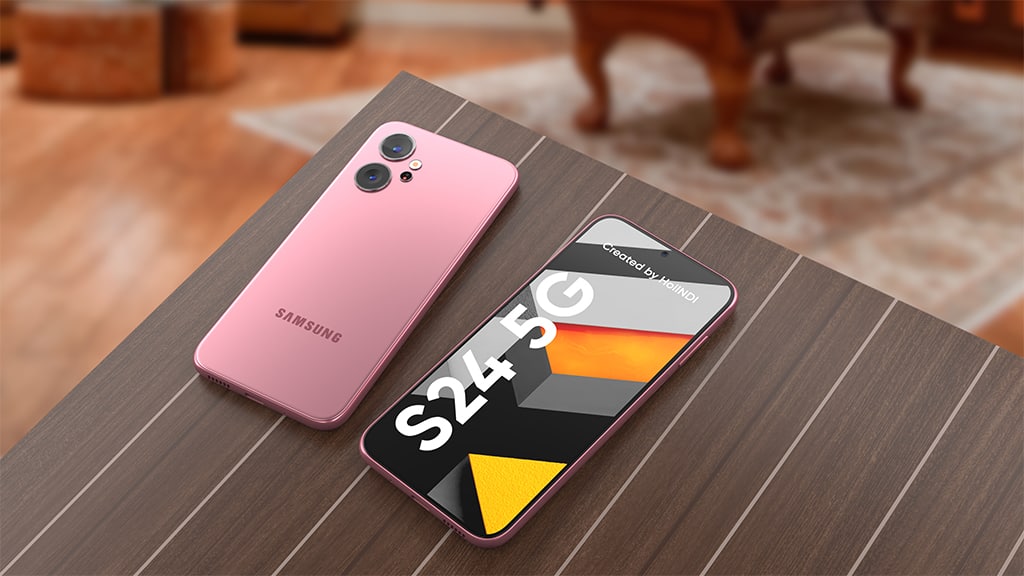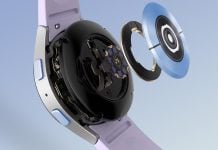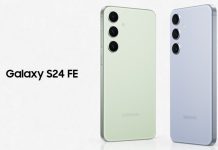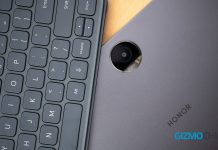Competition in the flagship smartphone market continues at full speed. While there are many models of many different brands on the market, the US technology giant Apple leads the race ahead of its competitors. The main reason for this is that the company offers a better experience with its own software and hardware. Samsung, which has been carrying out a similar study for a while, seems to have finally achieved the success it wanted in hardware. The processor that the company will use in the Galaxy S24 series, which will be released next year, may have emerged. Here are the details…
South Korean Galaxy S24 variants will supposedly feature a ten-core Exynos 2400 SoC
Samsung MX has reportedly greenlit its upcoming Exynos 2400 CPU, with mass production set to begin later this year on Samsung’s 4LPP node. According to South Korean tipster Vampire King, the Exynos 2400 (codenamed Root) will feature a quad-cluster design with a total of ten cores, and will be used in South Korean variants of next year’s Galaxy S24.

The Exynos 2400 is said to follow the Snapdragon 8 Gen 2‘s quad-cluster design, with a prime Cortex-X4 core, two clusters of Cortex-A720 cores, and four Cortex-A510 cores. However, there is conflicting information about the exact number of Cortex-A720 cores and the total number of CPU cores. One report states it will feature eight CPU cores (1+4+3) while another claims it will have ten cores (1+2+3+4).
It is important to note that the Exynos 2400 is not the Galaxy-exclusive chip developed by Samsung’s “Dream Team.” That SKU is supposedly earmarked for the Galaxy S24 and is expected to enter mass production in 2024, presumably as an answer to the Snapdragon 8 Gen 4’s Nuvia cores.
It is worth mentioning that Samsung has been using Snapdragon processors in its flagship devices in recent years, but with the Galaxy S24 variant in South Korea will be powered by the Exynos 2400, it seems that Samsung is looking to change that trend. However, it is important to note that Samsung has not yet confirmed these reports, and as such, all of this should be taken with a grain of salt.
RELATED:
- Japanese Chipmaker Rapidus Seeks To Catch Up to TSMC With 2nm Prototype Planned for 2025
- Samsung Neo QLED is Circadian Rhythm Display Certified: What Does It Mean?
- Smartphone Shipments in India Drop 9% In 2022, But Premium Segment Thrives!
- Samsung Announces Odyssey Neo G7 43″ Mini-LED Gaming Monitor for Global Markets
- Samsung Galaxy S23 & S23 Ultra to Feature Google’s Fast Pair Support
(via)






